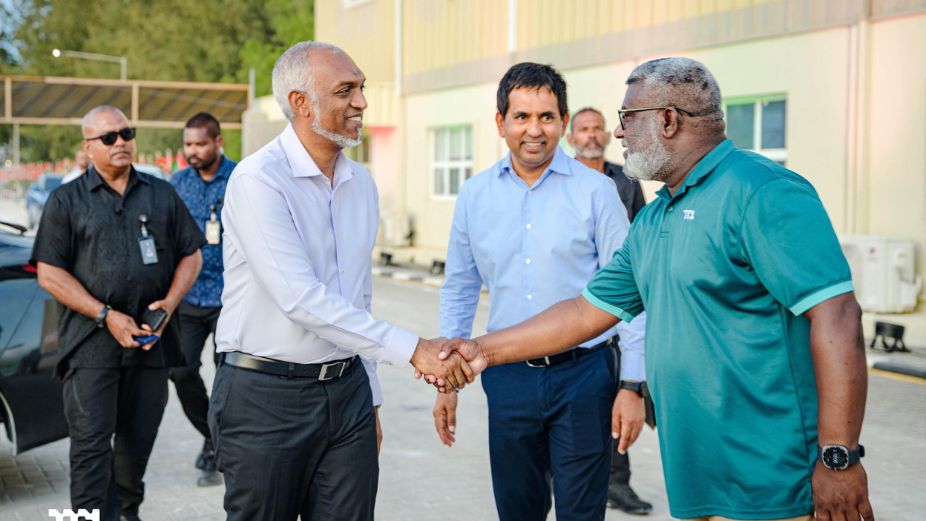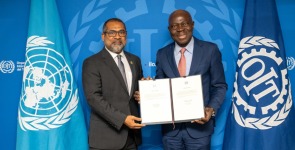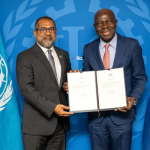
Maldives Ports Limited (MPL) has announced plans to establish the country’s second free zone at the Addu City Regional Port, as part of the government’s push to diversify the economy and expand regional logistics.
The initiative follows the introduction of the first pilot free zone at Kulhudhuffushi Regional Port in the north, which authorities have described as a foundational success. Free zones allow goods to be imported, stored, processed, or re-exported without incurring customs duties or taxes unless they enter the domestic market. The model is designed to streamline trade, attract investment, and strengthen supply chains.
Confirming the new development, MPL Chief Executive Officer Mohamed Rishwan said Addu City was chosen for the southern project due to its existing infrastructure. “We are currently developing a specific model for the southern region. Addu City also possesses an existing port infrastructure. This pilot project was initiated in Kulhudhuffushi [City], and we are exceptionally well-prepared for this undertaking,” he told PSM News.
The Addu City free zone is part of President Dr Mohamed Muizzu’s broader programme to establish free zones across the Maldives. According to MPL, the Kulhudhuffushi pilot has already introduced bonded zones, bulk cargo storage, and dedicated domestic cargo areas, streamlining logistics for northern businesses. Plans are also underway to expand Kulhudhuffushi operations to four surrounding atolls.
A stakeholder meeting scheduled for 30 August will bring together around 100 participants, including local councils, business owners, the Bank of Maldives, and MPL’s business development team, to discuss the scope of the expansion. Rishwan said the company expects strong collaboration from banking institutions, with proposals including collateral-free loans of up to USD 194,575.60 for businesses.
MPL has also been authorised to expand its logistics network nationwide, supporting the transport of containerised cargo from regional ports to outer atolls. The government has signalled that more free zones will be established in the central and southern regions, with the aim of enabling value addition to imported goods before duties are applied and boosting re-export potential.












